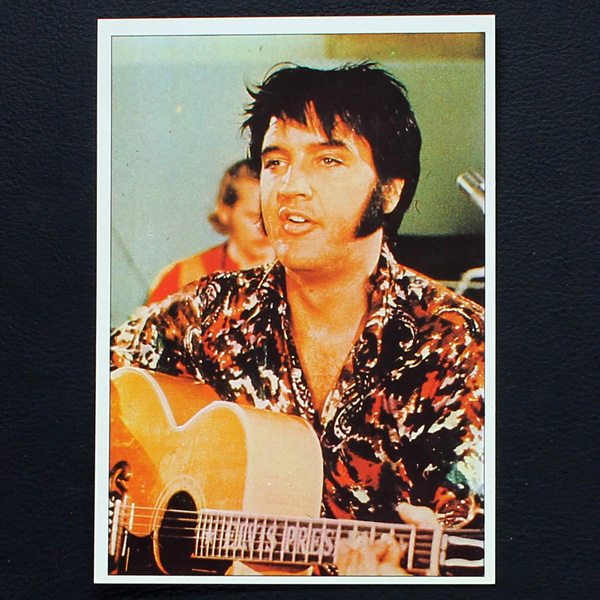
Introduction
Elvis Presley, often referred to as the King of Rock and Roll, remains an iconic figure in the music industry more than four decades after his passing. His contributions to the genre have not only transformed music but also influenced cultural trends and societal norms. With a blend of rhythm and blues, country, and gospel, Elvis bridged racial divides in a segregated America, leaving a lasting impact on popular culture.
Career Highlights
Born on January 8, 1935, in Tupelo, Mississippi, Elvis’s career began in the mid-1950s when he signed with Sun Records. His first single, “That’s All Right,” launched him into the spotlight. Subsequent hits such as “Heartbreak Hotel,” “Jailhouse Rock,” and “Can’t Help Falling in Love” solidified his status as a musical sensation. By 1956, he became a household name, captivating audiences with his charismatic performances and distinctive vocal style.
Elvis’s influence extended beyond his music. He popularized a new style of dance and fashion, which appealed to the younger generation and symbolized rebellion against conservative norms. His appearances on television shows, such as The Ed Sullivan Show, showcased his talent and built a significant fan base.
Challenges and Changes
Despite his success, Elvis faced numerous challenges throughout his life. His time in the army, personal struggles, and varying management decisions led to a complex legacy. However, he made a remarkable comeback in the late 1960s with ’68 Comeback Special and the subsequent production of blockbuster movies. Elvis continued to perform and record until his untimely death on August 16, 1977. His passing was mourned worldwide, yet he left behind an extensive catalog of music that continues to resonate.
Ongoing Influence
Elvis Presley’s cultural relevance persists today, as new generations discover his music and portrayals in films and documentaries. His life story has been the subject of numerous biopics, celebrating his profound impact on rock music and American culture. The recent release of Baz Luhrmann’s film, “Elvis,” in 2022, reignited interest in his artistry, introducing him to a younger audience. Museums, tribute shows, and Elvis impersonators worldwide keep his legacy alive, ensuring he remains a central figure in music history.
Conclusion
The story of Elvis Presley is one of immense talent, pioneering spirit, and profound cultural impact. As fans continue to celebrate his music and legacy, the King of Rock and Roll stands as a testament to the power of artistry to shape societies and influence generations. His contributions remain a relevant and vital part of music history and culture in Canada and around the world.



